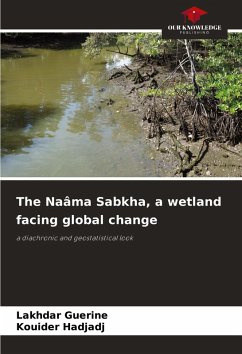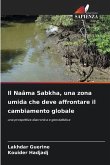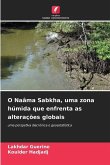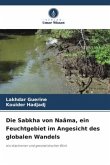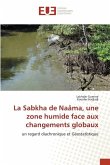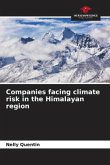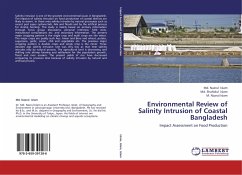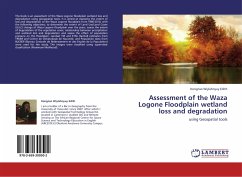This study focuses on the past (1985) and current (2018) evolution of the Sabkha of Naâma, with particular emphasis on crucial parameters such as salinity, vegetation, and water status. The main objective is to provide essential data for the conservation of the biodiversity of this region. The results obtained through representative sampling, including 136 soil samples at two distinct depths (4 cm and 30 cm), are at the heart of this analysis. Salinity analyzes reveal maximum values reaching 115.3 g/l at 4 cm depth and 80.3 g/l at 30 cm. As for conductivity, the highest values are 198.4 mS at 4 cm and 141.89 mS at 30 cm, respectively. Furthermore, the results highlight a variation in the pH of the Sabkha soil, oscillating between weakly alkaline and strongly alkaline. The diachronic approach, based on the analysis of the NDVI of satellite images Landsat_5, Landsat_8, and Sentinel_2, offers a fascinating insight of the evolution of vegetation over a period of 33 years. Using the NDWI over the same period highlights the growing water deficit in the region over time.

